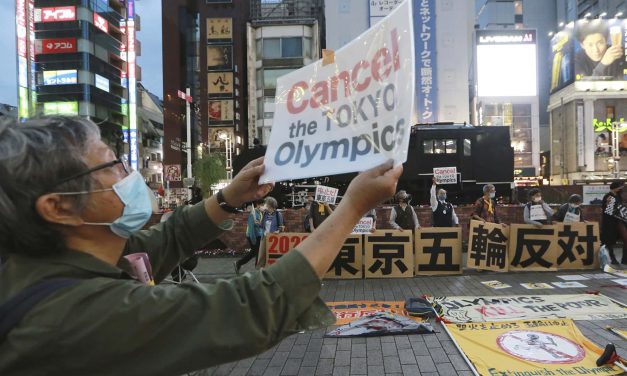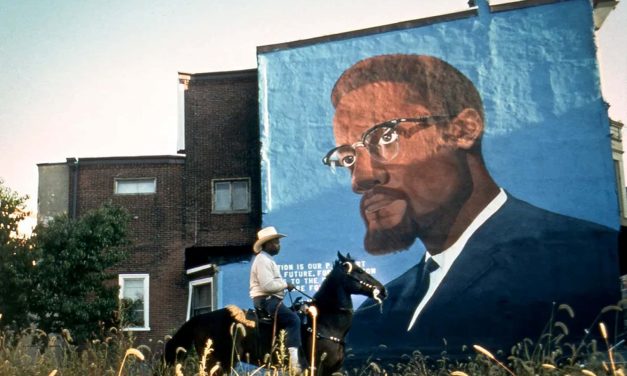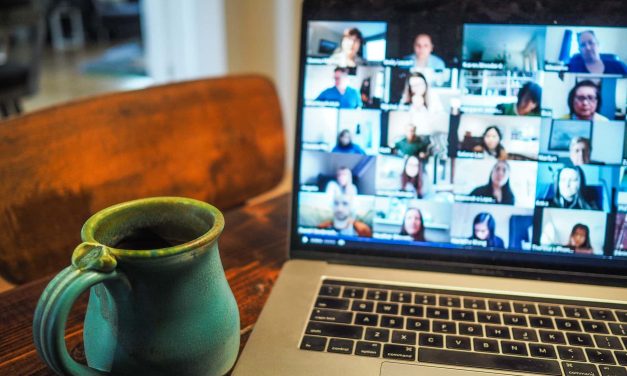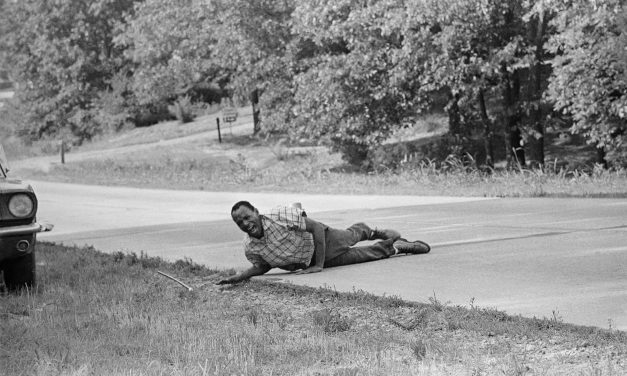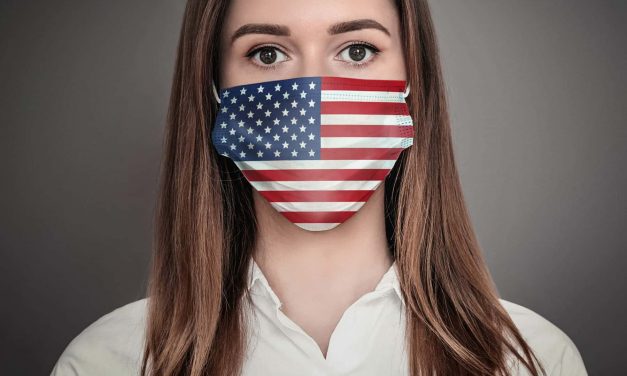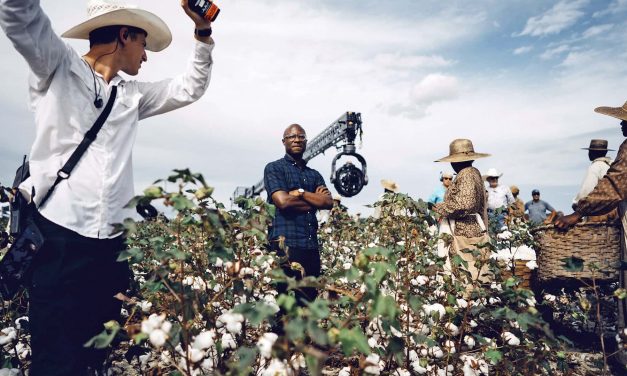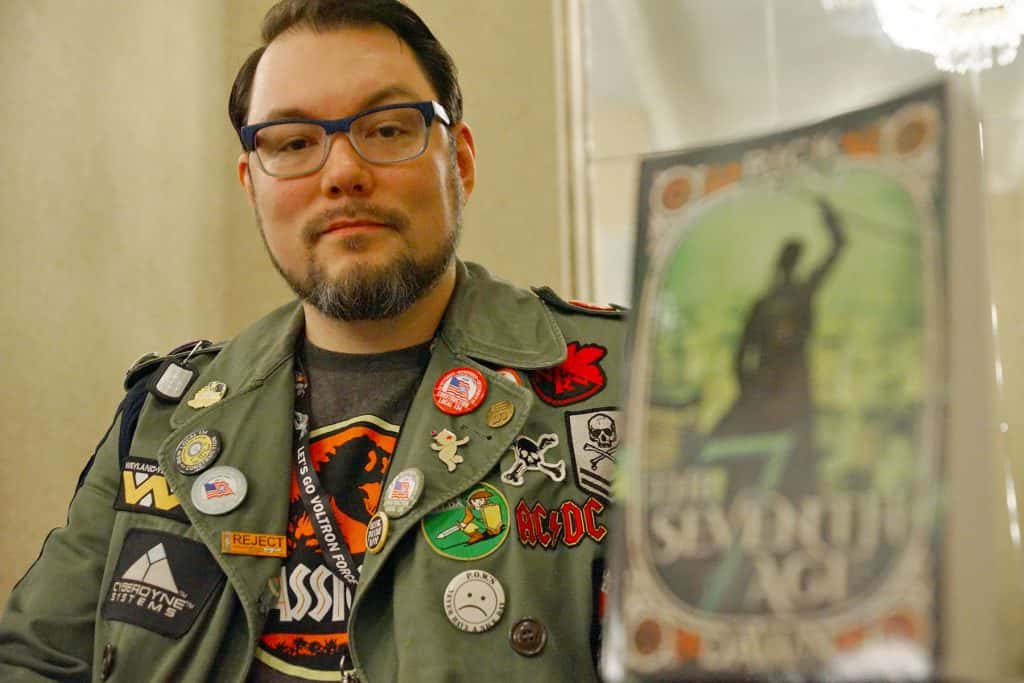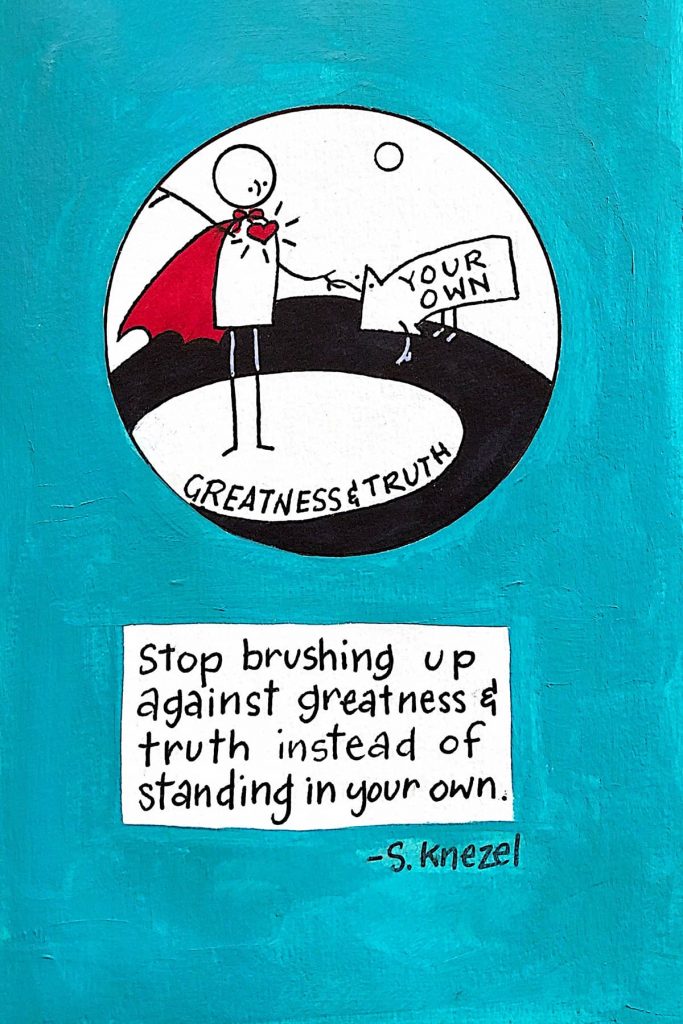Local anger over Tokyo Olympics reflects just how unpopular hosting the games has become
By Mark Wilson, Professor, Urban & Regional Planning, School of Planning, Design and Construction, Michigan State University The Summer Olympics, postponed in 2020 by a year because of the COVID-19 pandemic, is scheduled to begin on July 23, 2021, in Tokyo. Even though surfing and four other sports will debut at these games, the locals are not exactly thrilled. According to a recent poll, some 83% of the Japanese public wants the Olympics canceled, and protests are frequent. Amid a coronavirus surge that’s left the country short on hospital space and slow on carrying out vaccinations, an association representing...
Read More
